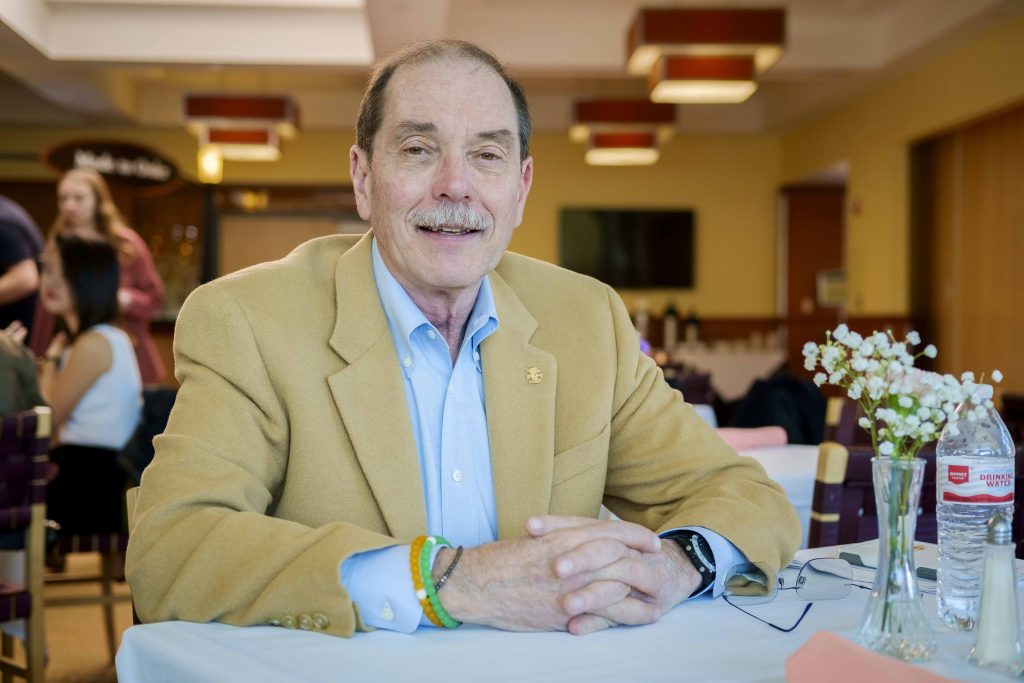
Pipe Dream sat down with Richard Kriepe, a board-certified pediatrician and adolescent medicine specialist at the University of Rochester whose research focuses on eating disorders in adolescence from a developmental point of view. This interview has been edited for length and clarity.
Pipe Dream: Can you tell me a little about yourself and your research?
Richard Kriepe: I’m a pediatrician and adolescent medicine specialist and I have gotten into the world of eating disorders in kind of an unintentional way. I’m struck that it’s so intimately involved with adolescent growth and development, but eating disorders are labeled as mental illnesses and I think a much better view of it is to see it as a developmental mental illness. It’s not to say that mental illnesses are irrelevant, but development is so relevant. So when you think about what happens in adolescent development — puberty, identity, autonomy and your thinking changes — you’re going to be a very different person as an adult than you were as a child and it’s in those domains where a lot of times the anorexia nervosa really hides. I think when we talk about it as a mental illness we tend to focus on the anxiety, depression and the obsessive-compulsive traits that people may have, but I think that doesn’t look at their strengths and their positive things and that’s what I kind of focus on.
PD: How does this differ from the typical societal view of eating disorders?
RK: Viewing it as a mental disorder we tend to focus on psychopathology — what’s wrong with the person, their tendency towards anxiety and depression and obsessive-compulsiveness. But when you look at a successful person they are also stressed by various kinds of things. I don’t know any adolescent or young adult that’s not stressed now for lots of different kinds of reasons, and if the one thing you think you can control in your life is your weight and if you start to lose weight, you start getting compliments. So I think that there’s that whole issue of also the societal response to losing weight and what we need to help people realize is that there is something other than an eating disorder that can give you a sense of control, but that’s up to you to decide.
PD: How does your talk fit in with this year’s theme of ‘Infinity?’
RK: As a pediatrician and adolescent medicine specialist, in the eating disorder world, I’m kind of the odd man out. Most of them are psychologists and psychiatrists. And again, if the focus is on psychopathology then how do we help people get better? So what I’m hoping to do is to focus on people’s strengths and positive values; I’ve never seen how focusing on someone’s mental illness is going to focus on their recovery. It’s not so much infinity but looking at things from a different perspective.
PD: What do you want students to get out of your talk?
RK: What I want students to get out of my talk is, first of all, anorexia nervosa is not a choice. People don’t choose to get anorexia nervosa. Individuals with anorexia nervosa tend to be highly risk-aversive, they tend to be extremely sensitive and aware of influence over other people. And in that kind of situation where you talk about adolescent autonomy, it’s about dilemmas you have to face. So I think rather than framing it as a mental illness, putting it in the context of developing a sense of identity, developing a sense of control, autonomy and the thinking process makes a much better view of how to treat it.


